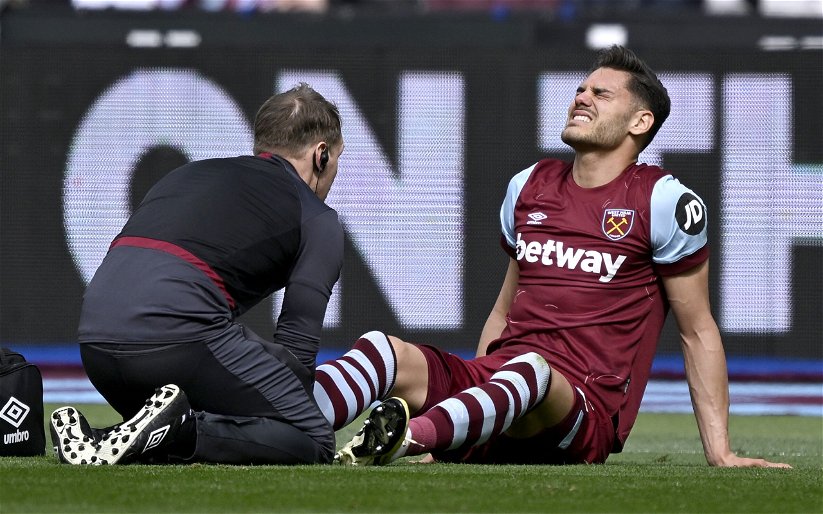West Ham midfielder, Gary O’Neil, is considering taking legal action against Nigel Reo-Coker following a tackle by the Aston Villa player which has put his career in jeopardy. The 27 year-old left the field on a stretcher and underwent a two-hour operation on his ankle, where it is understood cruciate ligaments had been ripped.
O’Neil will miss the rest of the season and will not be allowed to put weight on his foot for at least the next two months. The best case scenario is a return to action in eight months, but the former Middlesbrough midfielder has been given only 50% reassurance that he will actually ever play again. This is understandably of great concern to West Ham but of even more poignancy to the player himself, who having been so damaged by the challenge of Reo-Coker wishes to personally punish the individual he believes should take full responsibility for his predicament.
In August 2008, former professional footballer, Ben Collett, who almost played for Manchester United but didn’t quite, was awarded £4.5million in compensation for a tackle by Gary Smith which ended his career during his debut for United’s reserves against Middlesbrough as an 18 year-old in 2003. Collett was defended by his former colleagues and manager, Sir Alex Ferguson, at the trial which enabled him to secure such an extensive pay-off, an amount which many questioned at the time. The issue here is surely not the financial value of the player’s potential but whether the decision to award compensation is justified.
Smith’s tackle was deemed ‘negligent’ in the eyes of the law, but the verdict implied the opposite; that Smith, as he approached to make the tackle, may have temporarily forgotten his legal duty of care towards Collett, had he ever been aware of it in the first place. Nobody can argue that the tackle was malicious or premeditated, just negligent or a bit on the reckless side, maybe an error of judgment on the part of Smith. In the past, compensation has been awarded when footballers deliberately set out to injure their opponents, and I would defy any judge to distinguish between an error of judgment and negligence in the mind of a modern professional footballer.
Reo-Coker’s tackle was clearly not initiated with the intent to stunt the career of his opponent, and it should be feared that Collett’s trial might set a dangerous precedent if O’Neil takes similar action against the former West Ham captain. Such action is wrong when considered that tackles of the kind made by Reo-Coker happen every week, one hundred times over, and you can call it negligence or an error of judgment but, as some insurance firms have already stated, the floodgates will open. This could engender a situation whereby clubs claim against their opponents when a player is put out of the game for a few weeks or where smaller clubs may find they can no longer afford their insurance premiums.
So in the wake of the Collett award, and the current O’Neil/Reo-Coker situation, either the game will have to change beyond imagination, to the extent that it becomes effectively a non-contact sport, or clubs and players will become uninsurable. Common sense dictates that football games are full of accident, poor decision-making, errors committed in the heat of the moment and bad timing. Players who take to the field should be mentally prepared for the consequences of these human frailties and O’Neil should consider avoiding legal action to prevent setting a threatening precedent.



